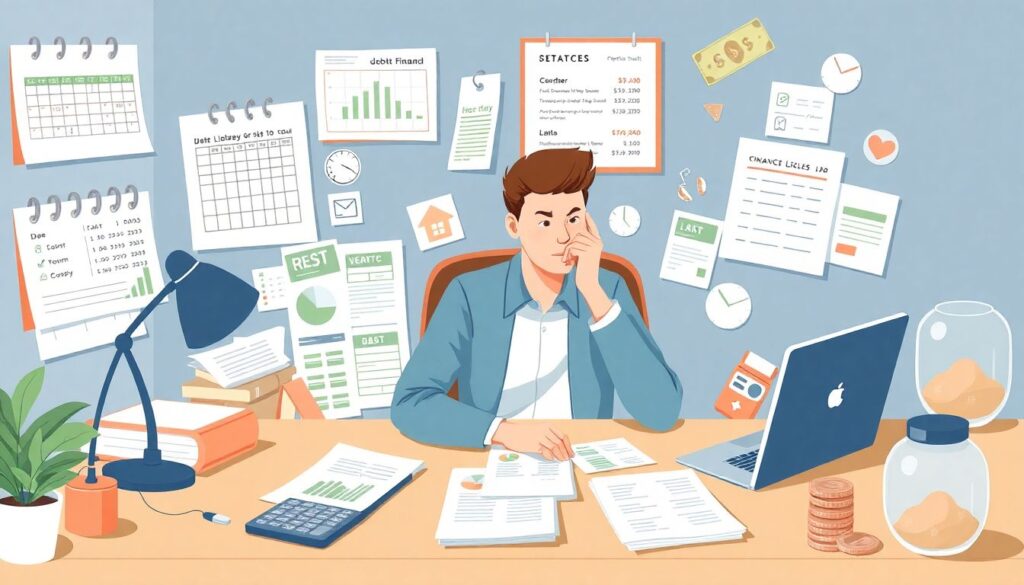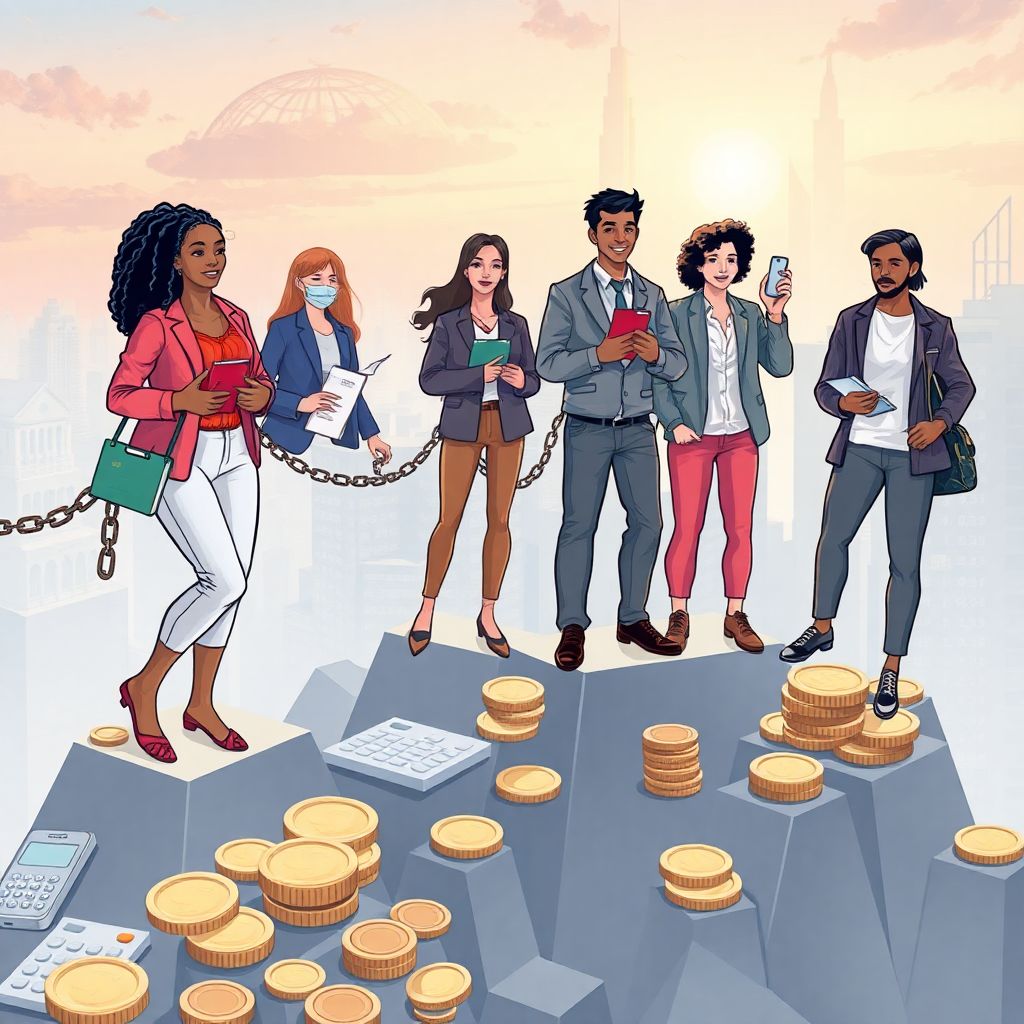Breaking the Cycle: Why a Financial Reset Is More Crucial Than Ever in 2025
As we navigate the financial landscape of 2025, household debt continues to be a defining issue. With inflationary pressures easing slightly after the economic turbulence of the early 2020s, many individuals still find themselves trapped in cycles of credit card debt, student loans, and high-interest obligations. The shift toward remote work and the gig economy has also disrupted traditional income patterns, making it even more urgent for people to reassess their financial strategies. A personal finance reset is no longer optional—it’s a survival tactic and a fundamental step toward long-term financial freedom.
Inspiring Journeys: Real People, Real Transformations
One of the most compelling aspects of a financial reset plan is the success stories that come from it. Take Elena Ramirez, a 34-year-old single mother from Austin, Texas. In 2022, she faced over $45,000 in consumer debt after a job loss. By implementing a strict zero-based budget, using the snowball method to pay off debt, and freelancing as a virtual assistant, she became debt-free in under three years. Today, she teaches financial literacy to other single parents.
Similarly, Marcus Lee, a former marketing executive, decided in 2023 to sell his luxury car and downsize his apartment. He used the surplus funds to eliminate his credit card debt and invest in index funds. His net worth tripled by the start of 2025. These cases show that with discipline, mindset shifts, and practical tools, dramatic financial transformation is possible.
Strategic Development: Rebuilding from the Ground Up

A personal finance reset is not just about paying off debt—it’s about reconstructing one’s entire approach to money. Key recommendations for those looking to reset their financial lives include:
– Audit Your Finances Thoroughly: List all outstanding debts, interest rates, due dates, and minimum payments. Without visibility, there can be no control.
– Create a Purpose-Driven Budget: Shift from survival budgeting to value-based planning. Allocate funds to necessities, then align remaining income with long-term goals.
– Establish an Emergency Fund: Especially in an unpredictable economy, a safety net of 3–6 months’ expenses insulates against future debt cycles.
The psychological element is just as critical. Financial educator Tiffany Aliche emphasizes the need to “forgive yourself for past mistakes” and “move with intention.” Shifting the narrative from shame to empowerment is essential for sustainable progress.
Case Studies: Projects That Proved It Works
Several community-driven and digital initiatives have shown the power of structured personal finance resets. One standout project launched in 2023 by nonprofit group ThriveForward helped over 10,000 participants eliminate a collective $15 million in personal debt. The program combined weekly coaching, app-based accountability check-ins, and peer-to-peer support.
Another success story comes from the Debt-Free Together Challenge, an annual event hosted on social media platforms like YouTube and Reddit. Participants publicly track their debt payoff progress, share setbacks, and offer resources. This open-source, crowd-sourced method of communal motivation has created a ripple effect, encouraging thousands more to begin their own financial overhauls.
Smart Resources: Tools to Fuel a Financial Reset

Today, more than ever, we have access to resources that weren’t available just a decade ago. From interactive apps to free educational platforms, individuals have a wide array of tools to guide their reset journey:
– YNAB (You Need A Budget): Excellent for granular budgeting and goal setting.
– Khan Academy & Coursera: Offer free personal finance courses created by industry experts.
– Podcasts like “Afford Anything” and “The Ramsey Show”: Provide daily motivation and practical advice.
The digital age has also made accountability more accessible. Forums like the r/personalfinance subreddit and Facebook groups dedicated to frugality and debt payoff serve as ongoing support systems.
Looking Ahead: What the Future Holds for Personal Finance Resets

As we move deeper into 2025 and beyond, the financial reset trend shows no signs of slowing. Economic analysts predict a continuation of decentralized income sources, with more people freelancing, investing in digital assets, and relying less on traditional employment. This change will necessitate even stronger personal finance foundations.
Artificial intelligence-powered budgeting tools, real-time financial coaching apps, and blockchain-based transparency in debt management will shape the next phase of personal finance evolution. Governments may also increase access to financial education through public policy, driven by the understanding that financially literate citizens are more resilient to economic downturns.
In conclusion, transitioning from debt to financial freedom is not a one-time event—it’s a transformative process that integrates discipline, community, and education. With the right mindset and strategic use of today’s resources, the journey to economic empowerment is not only possible—it’s already happening.

